Google's Pixel phones just picked up a feature that has been conspicuously absent for years. After users first spotted native call recording on their devices, we now have a clearer picture of how it behaves in the real world. The twist is not only that Google reversed course on call recording, it is the way the company wrapped it in AI and legal guardrails.
There are hints of more automation. Insights from Android Authority's APK teardown point to automatic recording options that reduce taps. Google has been spotted testing automatic call recording within Call Notes, a sign that automatic recording could come to the US. Competitive pressure plays a role too, as rivals like Apple have avoided call recording altogether due to legal hurdles, while Chinese manufacturers often include it in international models.
The enterprise angle is easy to picture. Sales teams capturing and analyzing client calls for sentiment and key talking points, customer support generating summaries for ticket systems. Google's Workspace ecosystem is a natural fit. Early code analysis suggests integration with Google Drive for automatic backup and Google Calendar for linking recordings to scheduled meetings.
Samsung has offered basic call recording in some regions for years, but it lacks the AI analysis that defines Google's approach. Apple steering clear of the feature creates a clear point of differentiation for Pixel, especially for business buyers.
What this means for Pixel users moving forward
Google's call recording support on Pixels represents a pragmatic adaptation. It gives users more control while obeying local rules. This quiet update signals Google's commitment to boosting Pixel utility without stepping on regulatory land mines. Google's steps signal a thawing in restrictions, a reminder that user demand and legal frameworks are always in tension.
The rollout is uneven and region dependent, yet it marks something bigger. Google is acknowledging that call recording is a real need, not just a privacy risk to avoid. For many Pixel owners, the wait is finally over, at least in some places.
Looking ahead, broader availability will hinge on regulatory clarity and how early markets respond. If things go smoothly in regions like India, Google can move faster in countries with similar laws. The pace so far suggests a long game, stable availability first, rapid expansion later.
Bottom line, this is not just Google checking a box. It is the company aligning a long-requested feature with its AI-first playbook and a messy legal map, a smarter take than the usual call recording app, even if you cannot use it everywhere yet.




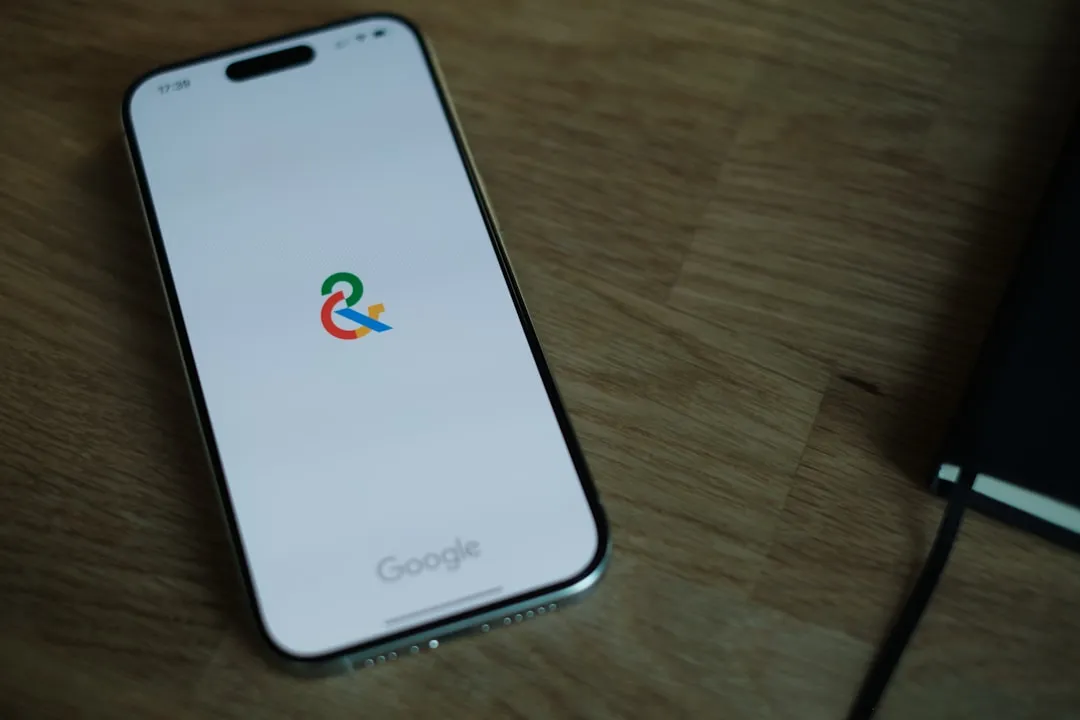

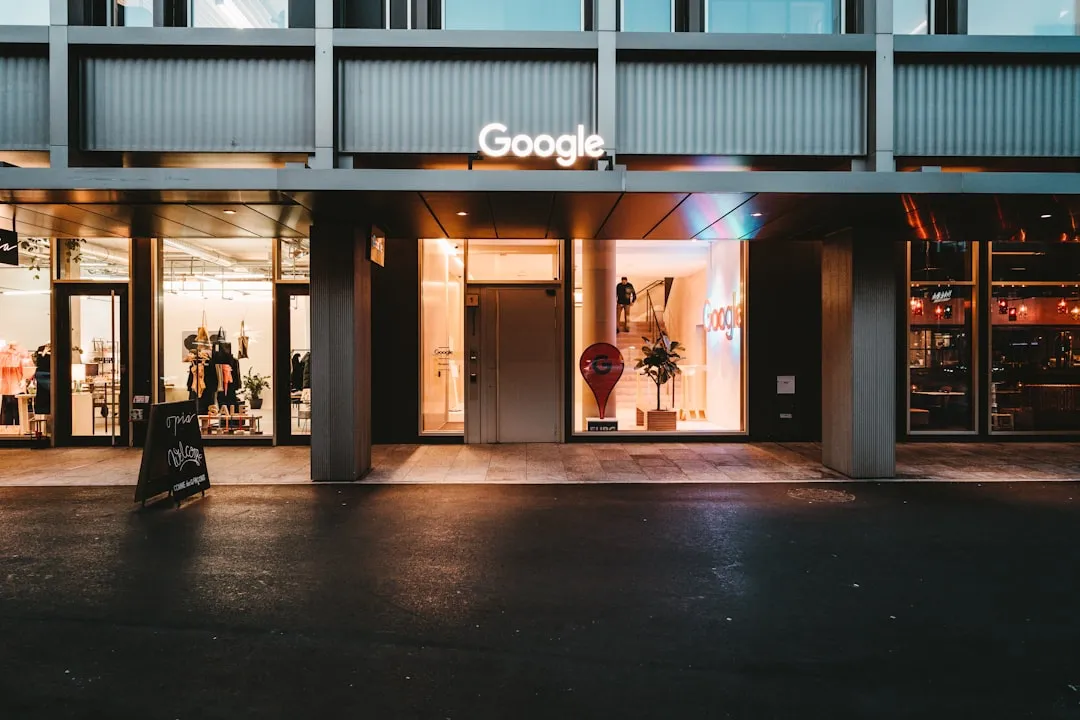

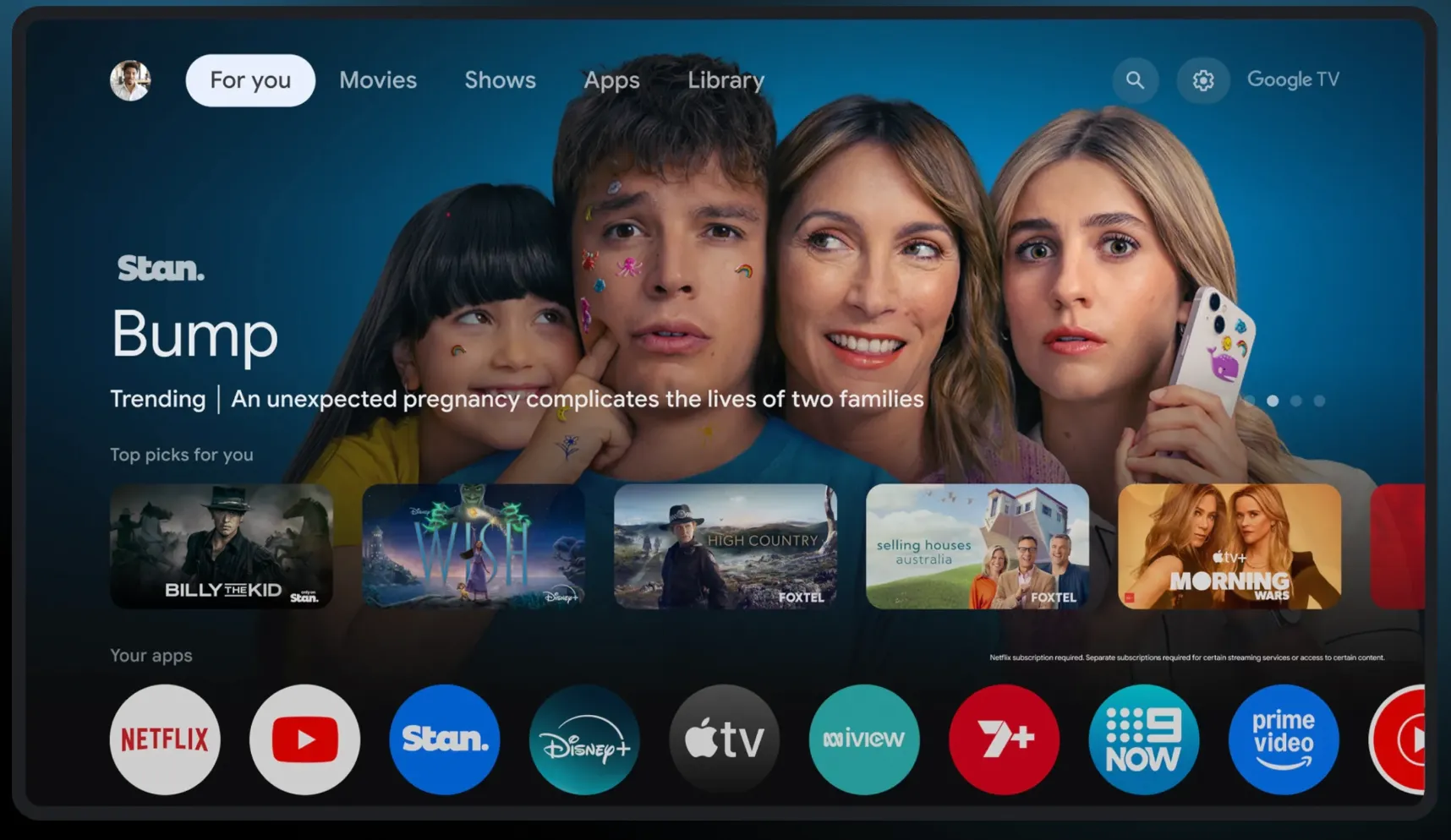
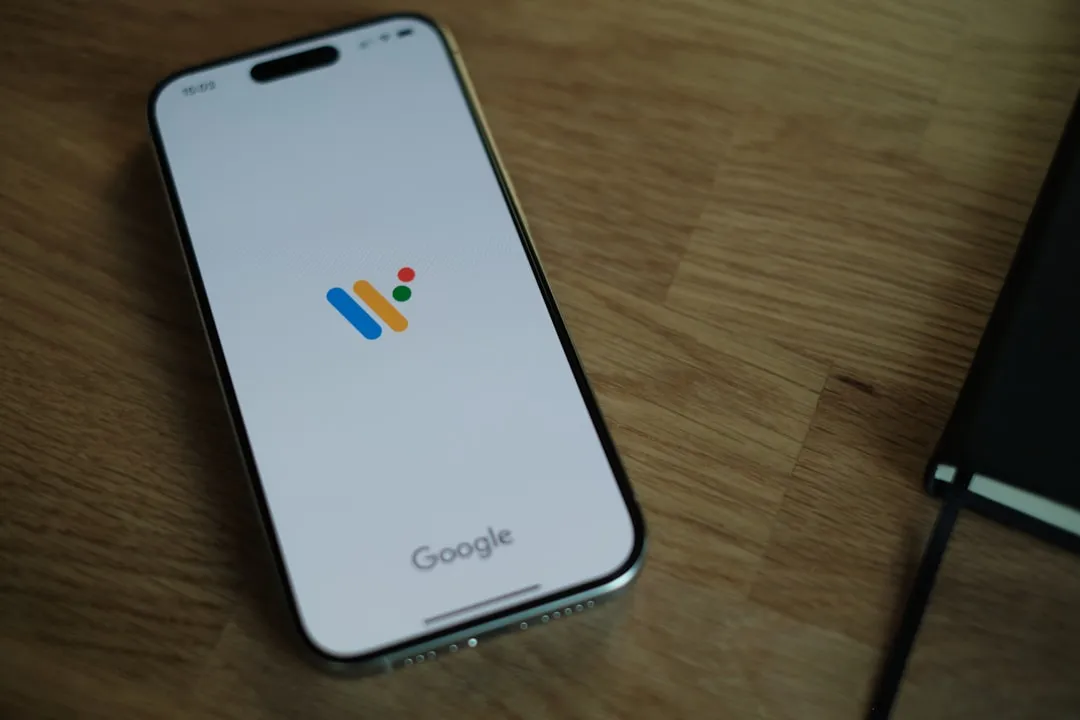
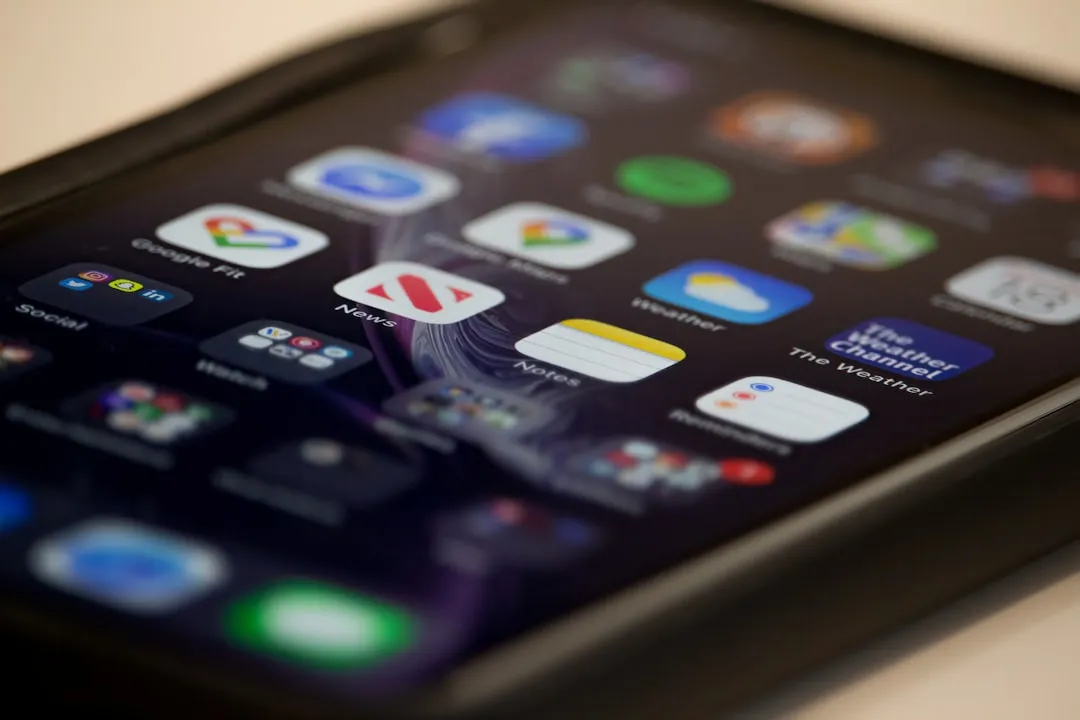
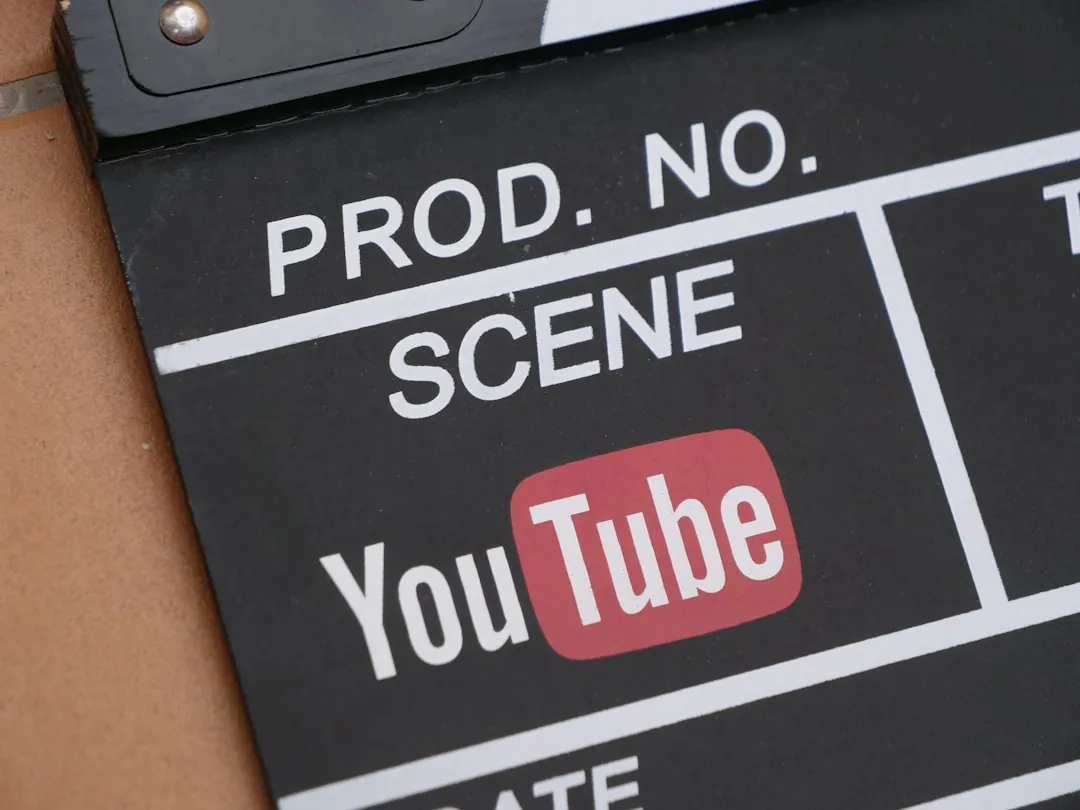
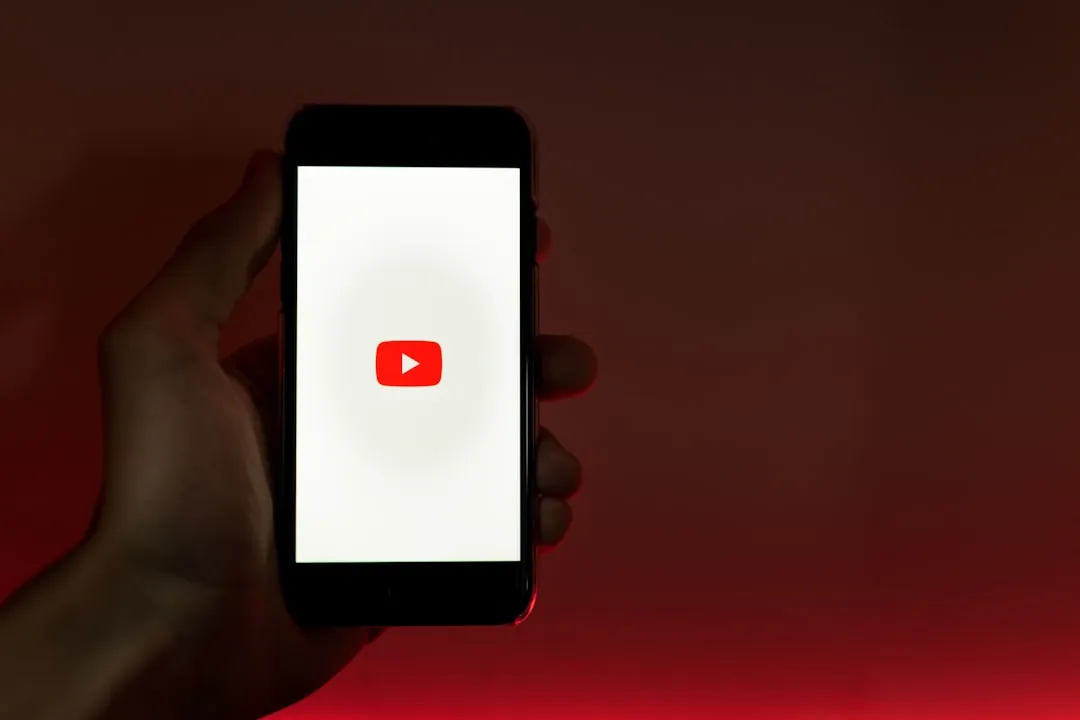
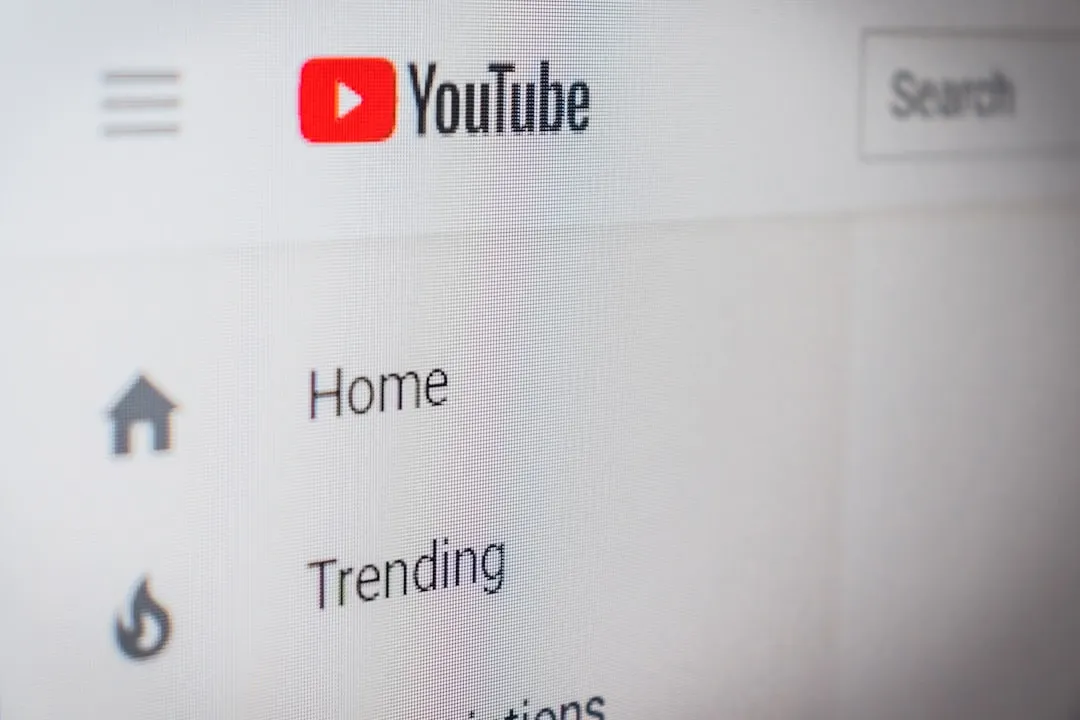

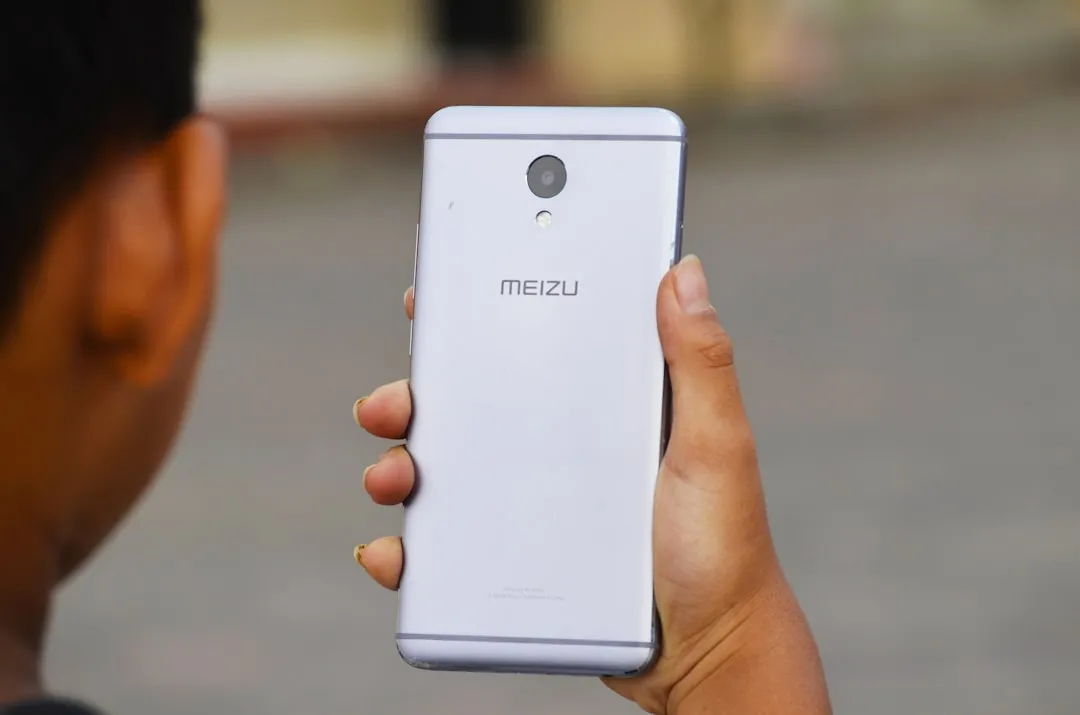

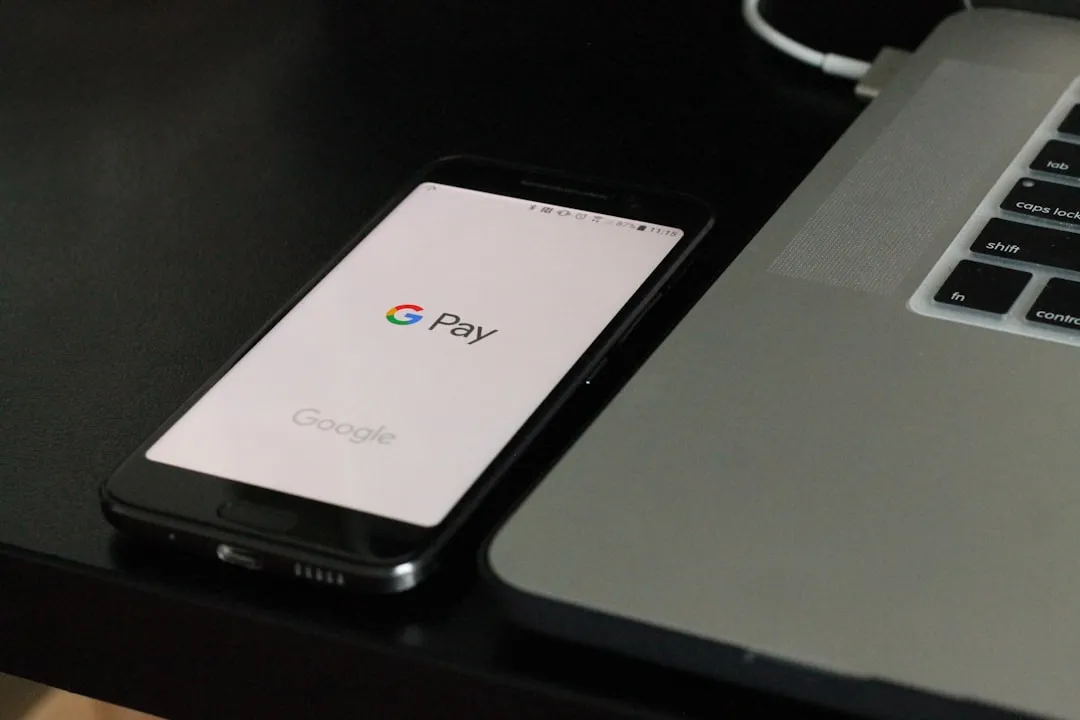
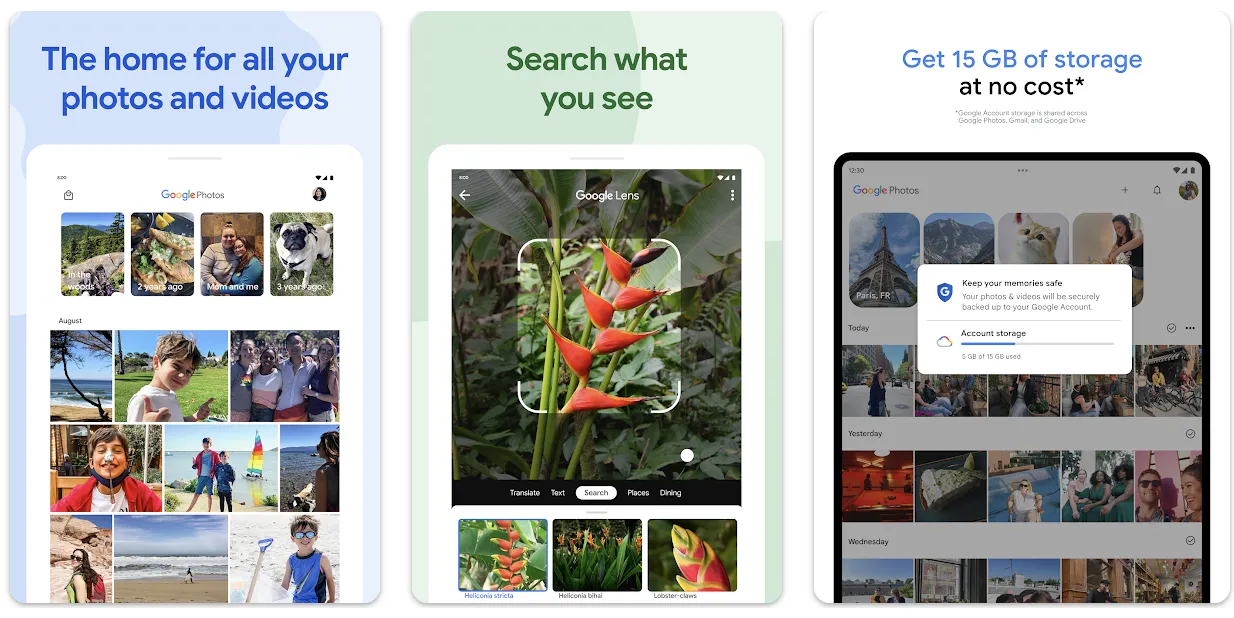
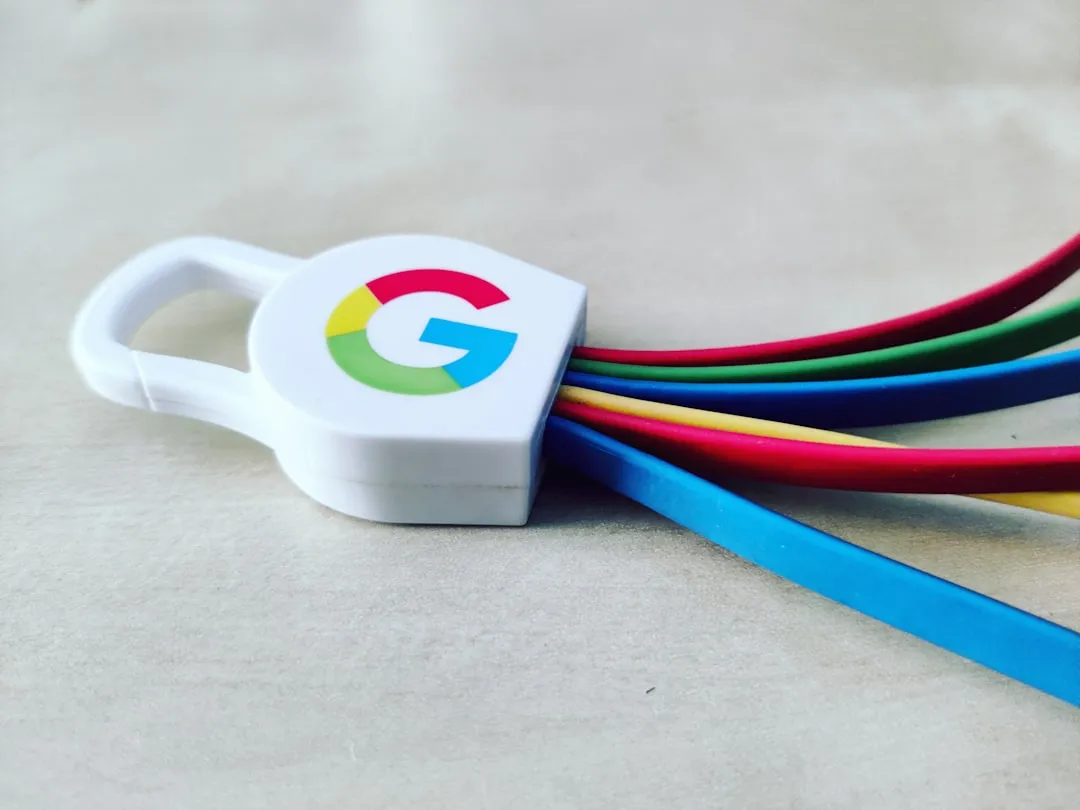
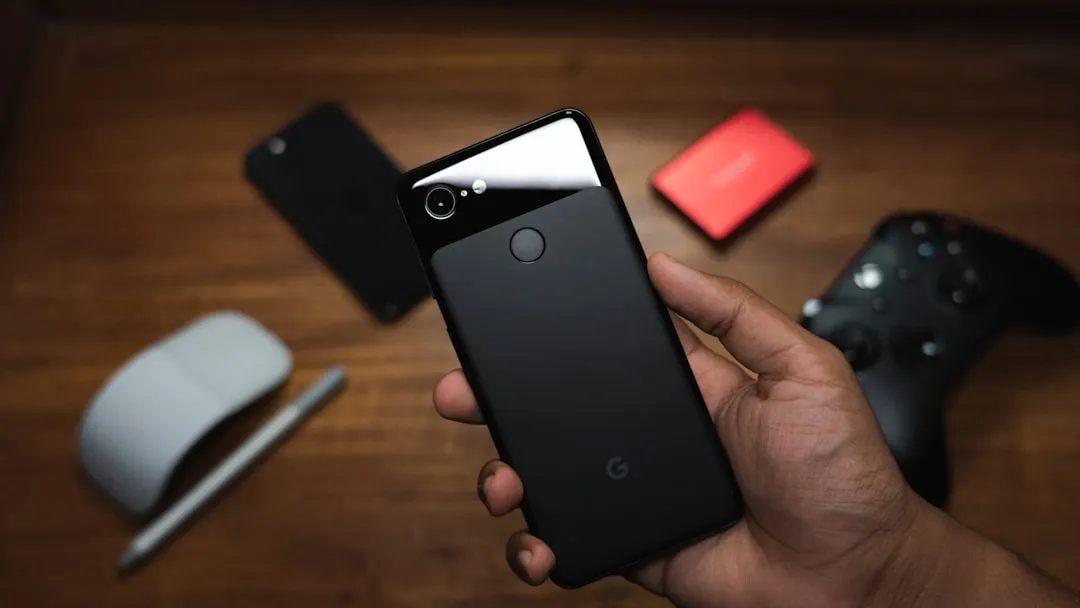
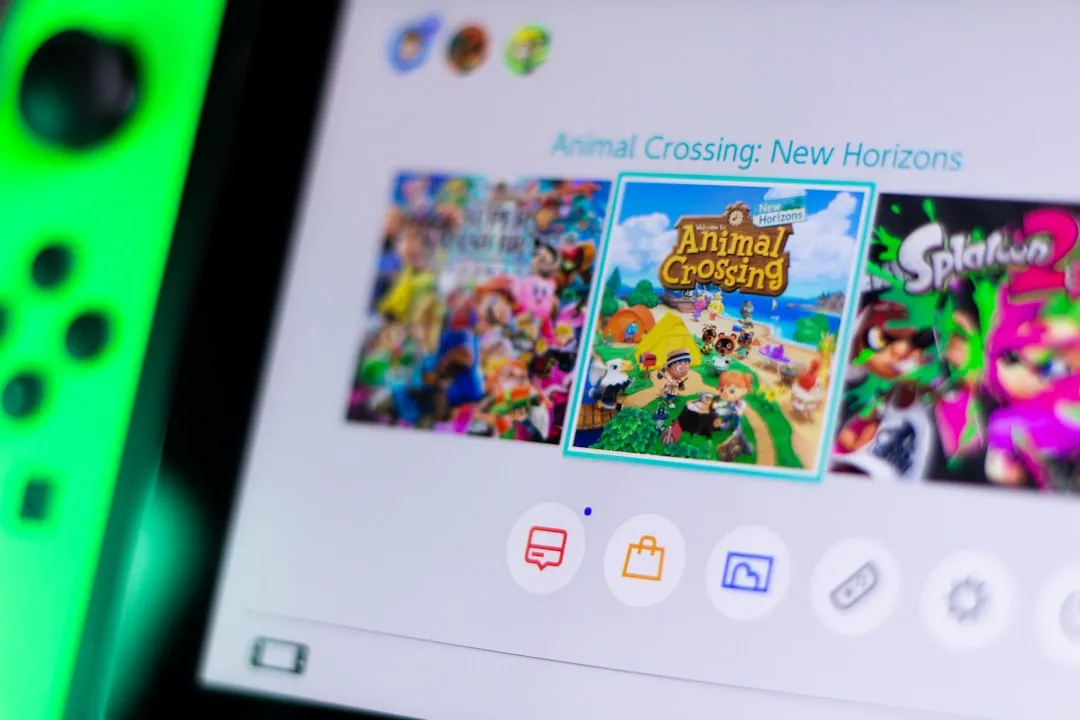
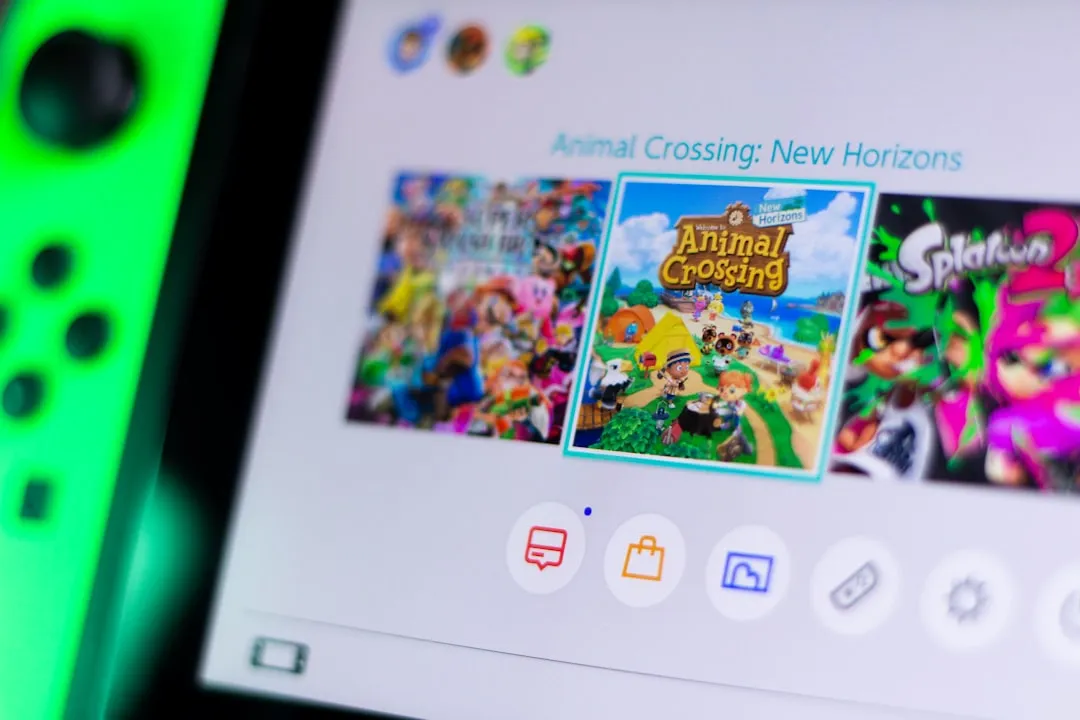
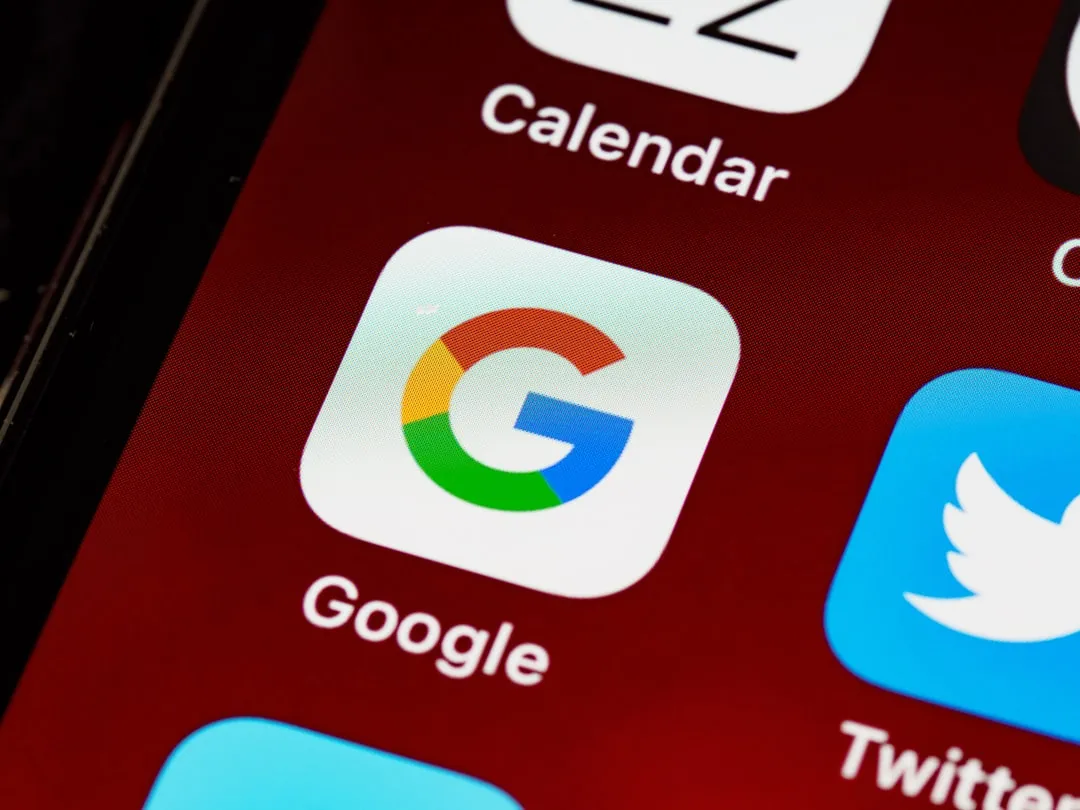
Comments
Be the first, drop a comment!